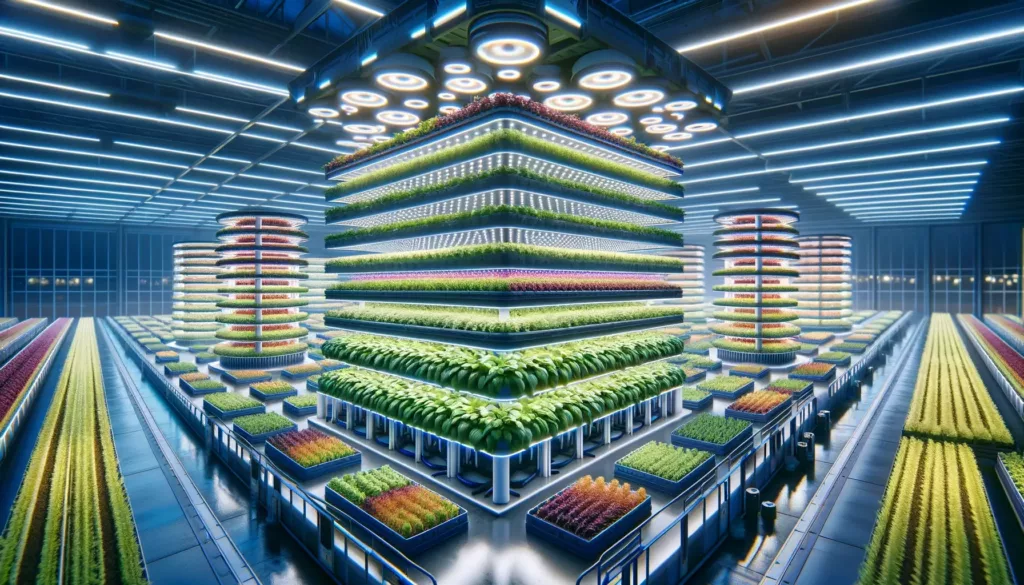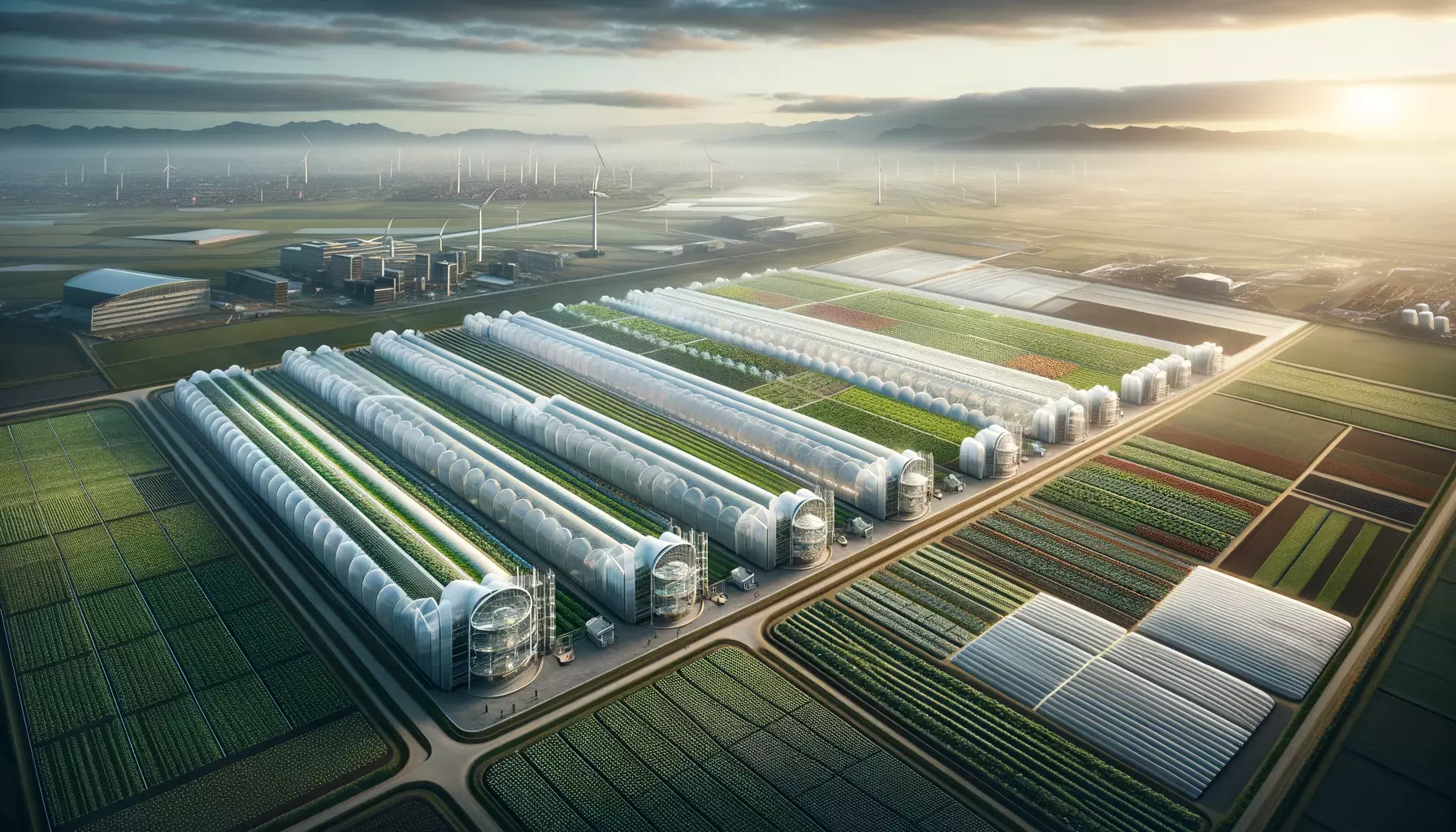Netherlands’ Agricultural Transformation
Achieving Food Security with Innovation
Over the past two decades, the Netherlands, slightly larger than Maryland, has not only achieved its goal of doubling food production using fewer resources but has also become the world’s second-largest agricultural product exporter. Their success lies in pioneering advancements in cell-cultured meat, vertical farming, seed technology, and robotic milking and harvesting. These innovations focus on minimizing water usage and reducing carbon and methane emissions.
Balancing Livestock and Vegetable Production
The Netherlands is a significant player in both livestock and vegetable production. Annually, it produces millions of cows, pigs, and chickens, making it Europe’s largest meat exporter. Additionally, the country plays a key role in vegetable supply to Western Europe, particularly through its advanced greenhouse farming. These greenhouses, less reliant on fertilizer and water, achieve high yields with a fraction of the water used globally.
Historical Context and Global Influence
The Dutch focus on food production stems from the famine experienced during World War II, although their involvement in the global spice trade in the 17th century signifies an earlier preoccupation with food. Their influence extends to major global agrifood businesses, with research and development centers in the Netherlands contributing to global food exploration.
Facing Challenges and Opportunities
Despite their efficiency, the Dutch agricultural sector faces challenges, including soaring energy costs affecting the greenhouse industry and intensive animal farming practices. A conservative government coalition aims to halve nitrogen emissions by 2030, prompting significant reductions in animal farming. Meanwhile, Dutch seed companies are leaders in the global market, particularly in ornamental plants and vegetables.
Innovative Approaches in Seed Technology and Farming
Enza Zaden, a global leader in vegetable breeding, invests heavily in research, introducing new vegetable varieties each year. They focus on resilient, organic, and salt-tolerant seeds for various climatic zones. PlantLab, another Dutch innovator, operates custom-built indoor farms worldwide, emphasizing controlled environments for consistent yields. Their vertical farming technology is poised for global expansion, aiming to make fresh produce more accessible.

Dutch Meat Export and Animal Welfare
As the EU’s biggest meat exporter, the Netherlands has advanced in animal welfare and processing efficiency. Vion Food Group, for example, utilizes AI to ensure humane treatment of animals in its facilities.
Pioneering in Egg Production and Animal Welfare
Kipster, an egg company, is revolutionizing the industry with its focus on animal welfare, reducing food waste, and producing carbon-neutral eggs. Their approach to using food waste for feed and their ethical practices set new standards in the industry.
Economic Impact and Global Trade
Dutch agricultural exports are booming, with significant contributions to the global market in fruits, vegetables, meat, and dairy. Their central geographic location and efficient logistics networks have made the Netherlands a vital hub for global trade.
Advanced Logistics and Distribution
Innovations extend to logistics and distribution, with automated systems at Schiphol Airport and Albert Heijn’s fully automated distribution center, reflecting a commitment to efficiency and sustainability.
Conclusion: The Netherlands’ Agricultural Innovations
The Netherlands’ remarkable transformation in agriculture is a testament to its innovative spirit and commitment to sustainability. By embracing cutting-edge technologies and sustainable practices, the country is not only securing its food supply but also shaping the future of global agriculture.
